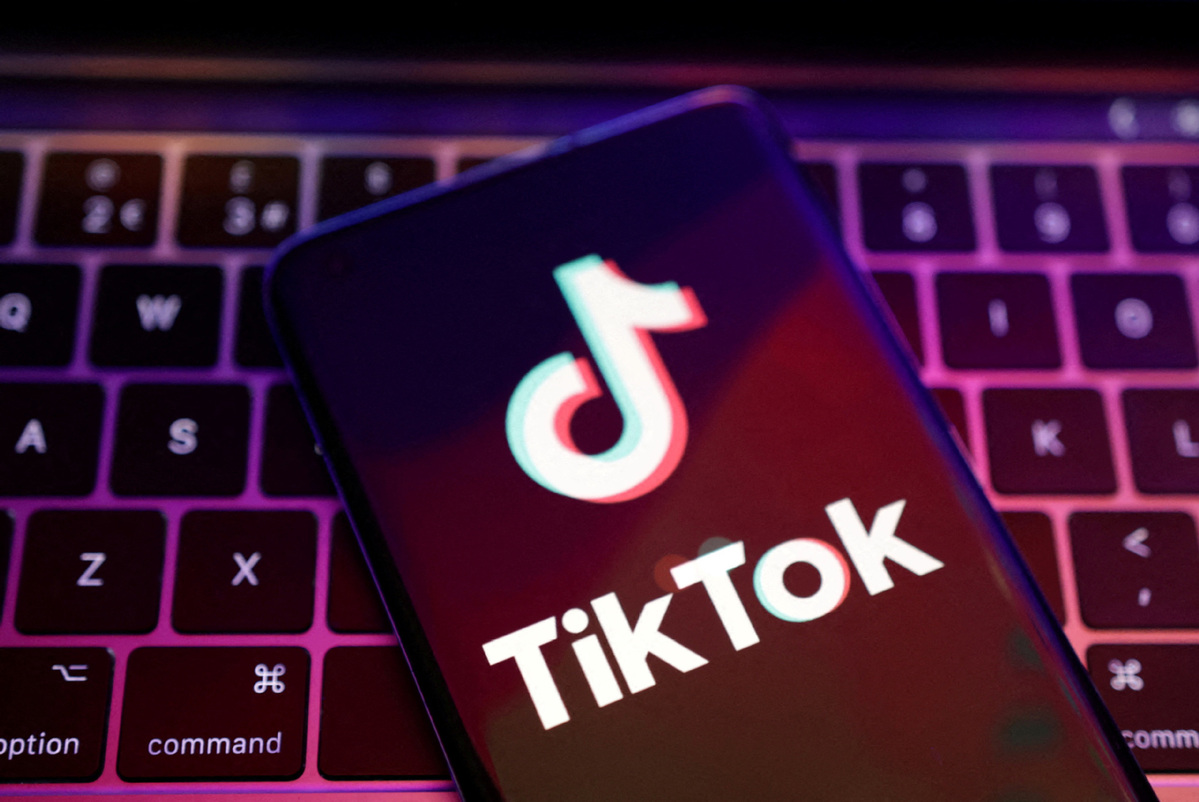US universities' ban of TikTok raises questions
By LIA ZHU in San Francisco | chinadaily.com.cn | Updated: 2023-01-19 12:58

Several universities in Texas have joined a growing list of public institutions in other US conservative states to ban TikTok on campus Wi-Fi networks, citing security concerns. But such actions have met with criticism for their potentially overbroad effect.
The University of Texas at Austin, a campus with more than 52,000 students, has blocked the social media app TikTok from its networks and is in the process of removing the app from all university-issued devices, including cell phones, laptops, tablets and desktop computers.
"You are no longer able to access TikTok on any device if you are connected to the university via its wired or WIFI networks," Jeff Neyland, adviser to the university's president for technology strategy, told students in an email on Tuesday.
The decision came after Texas Governor Greg Abbott banned the use of TikTok on state-owned devices over security concerns last month.
Neyland copied the governor's words in the order, saying, "TikTok harvests vast amounts of data from its users' devices … and offers this trove of potentially sensitive information to the Chinese government."
But students and faculty still can access the app on their personal Wi-Fi or by using cellular data on personal devices. Both UT Austin and the UT system declined to respond to China Daily's request for comment.
A few other universities in the state, including UT Dallas, the University of North Texas, and the Texas A&M University system have made similar announcements.
Public universities in other conservative states, including Auburn University in Alabama, Boise State University in Idaho, the University of Oklahoma, the University of Montana, and schools in the University System of Georgia, also have banned the app.
TikTok, which is owned by the Chinese company ByteDance, has repeatedly asserted that it does not share information with the Chinese government and that it does not store the data of American users in China.
TikTok has revealed a $1.5 billion reorganization plan to convince US lawmakers it can operate independently of its parent company, according to a report by The Wall Street Journal. The plan includes a system to let third-party companies monitor the app's video recommendation algorithms to detect whether its code has been manipulated in some way.
In contrast to the government's tightening restrictions on TikTok use, the app has continued to grow in popularity among American young people.
Pew Research finds that two-thirds of 13-17-year-olds have used the platform. More than a quarter of 18-29-year-olds report that they regularly get news on the platform, and many young people have used it as a search engine.
Following UT Austin's announcement, some media reports have expressed skepticism about the ban's effect, believing that it's unlikely most students at those schools will quit the app.
"When you tell a college student not to do something, they're probably going to find a way to do it. Tech-savvy undergrads are skirting the bans by using their own data plans or personal Wi-Fi to access the app," said an article published by Morning Brew, a tech news website.
Others point out that such solutions are too general for a specific problem, and the states just ignore the real campus safety problem — gun violence.
"While students and faculty, under the guise of their own and the university's safety, will no longer be allowed to access TikTok via university WiFi … they can still carry a firearm on campus and in classrooms," said an article published in Rolling Stone.
Texas' "campus carry" laws permit students to carry concealed handguns on campus, including in classrooms. The state has seen some of the nation's most brutal mass shootings in recent history, including massacre of 19 children and two teachers in Uvalde, Texas, on May 24, 2022.
Faculty members also criticized the ban for hampering research and education activities and shutting down their outreach efforts through the app to educate young people.
"Without access to TikTok, those at state agencies — including researchers and state university professors like us — are limited in their capacity to provide relevant information," wrote Natalie Jomini Stroud and Samuel Woolley, two professors in the Center for Media Engagement at the University of Texas, in an Jan 15 opinion piece in the Austin American-Statesman newspaper.
"The blanket ban also ties the hands of experts working to understand the platform and the complexities of genuine privacy and safety concerns online," they said.
Due to the ban, the professors said they must now advise students not to write about "the most dominant communication platform in many of their lives" for a case studies program, and they have to ask students and staff to use personal devices for their university jobs.
"An insufficiently detailed security threat is not the same as evidence of consequential security breaches," wrote the two professors, warning that prohibiting the platform altogether has "broader societal and global repercussions".
























